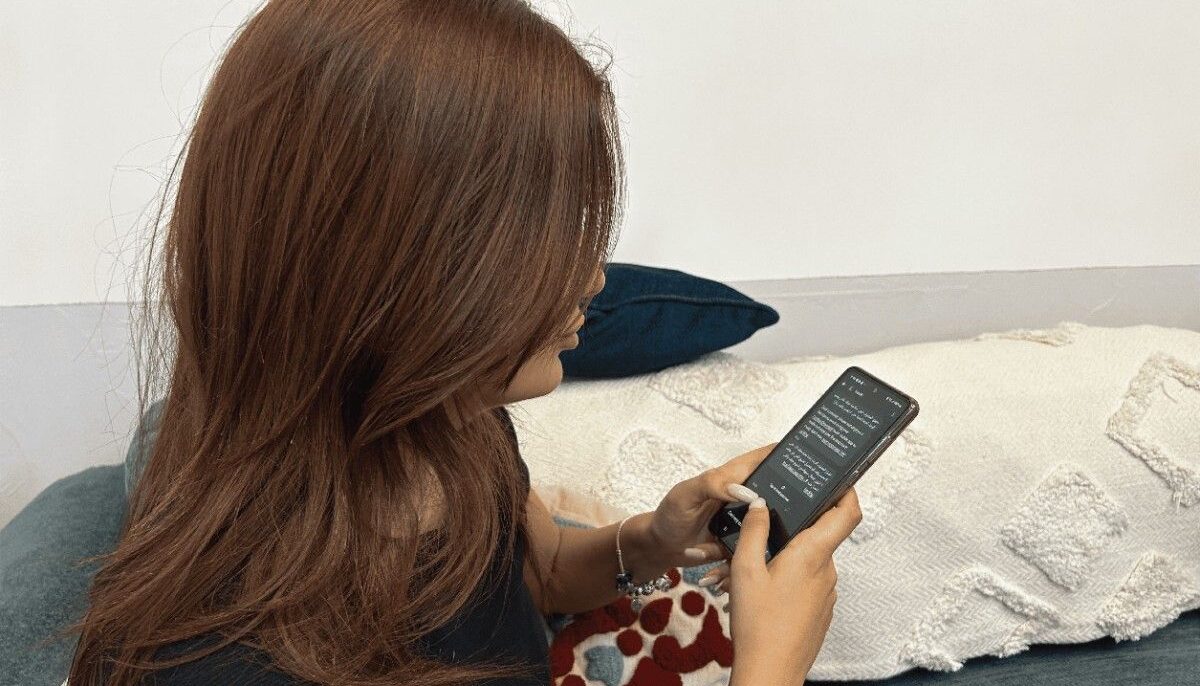Khaled, a Lebanese expatriate, returned home after a year abroad only to discover that his 20-year-old phone number, deeply connected with his personal and digital identity, had been reassigned to someone else without his consent. Not only was someone else using his number, but they were also able to access his Whatsapp account, violating Khaled’s basic right to privacy.
Despite numerous attempts to reclaim his number from “Touch,” one of Lebanon’s two state-owned mobile network operators, his pleas were met with indifference.
“This is a privacy breach, and a scam,” exclaimed Khaled. “When I contacted Touch, they said that nothing is guaranteed if you do not pay your invoice past your grace period, and that I need to personally talk with the new owner of my phone number to buy it from him.”
Today, a personal phone number is more than a contact tool. It is a gateway to banking, messaging, social apps, and two-factor authentication. One missed invoice, a short grace period, and that digital identity can vanish. The number is reassigned, but the digital residue remains. And the user is left exposed.
Blatant mismanagement of phone numbers
Lebanon is facing a crisis of managing mobile numbers. The most common prefixes like 03, 70, and 71 are nearing exhaustion, while newer ones like 78, 79, and 81 remain largely unused.
Instead of developing a modern strategy for numbering, the two state-owned mobile operators — Alfa and Touch — simply reclaim and recycle inactive numbers, often within a short period of time.
This huge market need stems from an exponentially growing user base coupled with a significant deficit in available SIM cards. The failure to implement effective solutions can be attributed to rampant mismanagement, pervasive corruption, and a fundamental lack of governance within the telecommunications sector.
“This is artificial scarcity,” says telecom expert Wassim Mansour. “The problem isn’t the number of phone numbers, it’s the absence of a modern, transparent, and scalable numbering plan.”
The grace period problem
SMEX reached out to the helpdesks of Touch and Alfa to clarify the duration of their grace period. Their common response was “10 days for post-paid and 5 for pre-paid.” Even more concerning was their declaration that “nothing is guaranteed after the grace period ends.”
However, Touch’s helpdesk confirmed that a SIM would be sold in the market 30 days after the grace period ends for prepaid numbers and 90 days for postpaid numbers, knowing that around 94% of mobile subscribers in Lebanon use prepaid services.
Alfa’s helpdesk told SMEX that after the grace period and a 30-day waiting period, there’s no guarantee of retrieving your number. “This is because a digital system randomly selects numbers for recycling and re-release into the market,” according to another source from Alfa.
This alarming policy has profound implications for user privacy. A reassigned number can expose individuals to a myriad of risks: access to messaging apps, interception of calls, potential identity theft, and even attempts to compromise two-factor authentication (2FA) linked to the number.
In most countries, after the grace period ends, the user is granted 90 days or more, to ensure privacy and security are not compromised. In Lebanon, the policy can shift responsibility from corporate mismanagement—where it rightfully belongs—onto the public.
Simple solutions are yet to be implemented
Lebanon’s mobile prefixes officially registered with the International Telecommunication Union (ITU) include 3, 70, 71, 76, 78, 79, and 81, each followed by six digits. While checking the ITU’s National Number Plans (NNP), we found that the Lebanese NNP is a unique case compared to other countries like UAE where there are two mobile operators.
This multiplicity, according to telecom expert Wassim Mansour, stems from a fundamental shortage of numbers.
“Many countries have already expanded their numbering capacity without disrupting users,” explains Mansour. “One of the simplest solutions is to drop the outdated trunk prefix ‘0’ and restructure mobile prefixes accordingly.” A trunk prefix is a number you dial before a phone number when you’re calling outside your local area, usually within the same country.
For example, instead of 03-123456, the number becomes 31-123456 — unlocking millions of new combinations without changing the user’s core identity.
“This one fix alone could multiply the capacity of each mobile prefix ninefold,” Mansour explains. “And it keeps the user’s 6-digit number intact.” So, why hasn’t it been done yet?
A national risk, not Just a personal loss
Lebanon’s Telecommunications Regulatory Authority (TRA), established by the Telecom Law number 431 in 2002, is legally responsible for managing numbering resources and protecting public interest.
But in practice, the TRA is inactive, and the Ministry of Telecommunications has usurped all its powers. Numbering decisions are made behind closed doors, with no transparency, no public registry, and no policy roadmap, despite a law that assigns this responsibility to an independent regulator.
“This is a governance failure as much as it is a technical one,” added Mansour.
As Lebanon tries to brand itself as a hub for digital innovation and reform, it faces a basic contradiction: it cannot guarantee its residents’ right to keep their phone number—the most basic element of digital identity.
Lebanon is also far from implementing mobile number portability, a basic right in most modern telecom markets. This means users must give up their number if they wish to switch operators, weakening their control and undermining “fair competition.”
This crisis affects many people like Khaled. It affects returning diaspora each summer, entrepreneurs registering lines for their startups, or residents temporarily unable to top up their SIM cards amid trying economic conditions.
“These practices undermine trust, security, and digital sovereignty,” warns Mansour. “Unless we act now, Lebanon will be locked out of the global digital economy, not by external sanctions or lack of talent, but by its own refusal to modernize.”
Photo by SMEX



